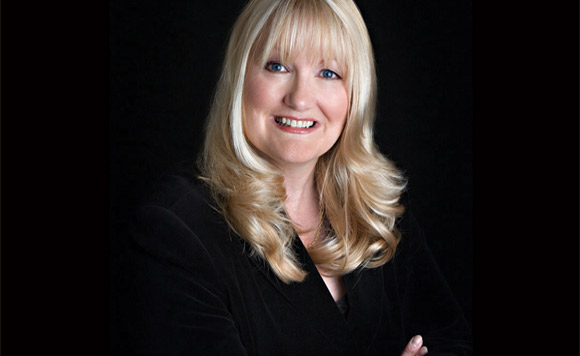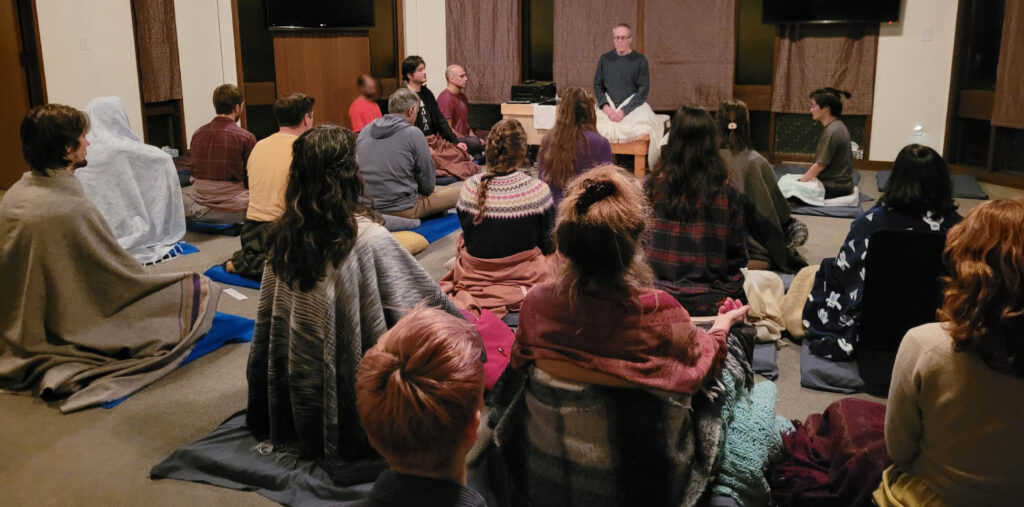– by Deborah Reid, RBC Dominion Securities –
Financial exploitation is the most common form of elder abuse. According to the government of Canada’s Federal/Provincial/Territorial Ministers Responsible for Seniors, one in five Canadians believe they know of a senior who might be experiencing some form of abuse.
Financial abuse requires three elements: opportunity, need/greed, and a sense of entitlement. It can be forcing an elder to do something such as signing a Power of Attorney; opening a joint account; selling a property; taking funds without authorization (misusing credit cards, cashing cheques, accessing ATMs, forging a signature); misusing property (home or car); or not paying for essentials. The abuse often occurs after a health crisis or during periods of “transition” such as the death of a spouse or close friend, moving in with a family member, or moving to a care facility.
Although the frail and isolated are more easily targeted, many healthy and connected seniors are also vulnerable to financial abuse. Abusers can be caregivers, trusted professionals, family, nursing home staff, a neighbour/friend, strangers, criminals, con men, telemarketers, contractors, etc. According to a study by the MetLife Mature Market Institute, although financial losses are higher with investment fraud scams, family members and caregivers are the culprits in 55% of the cases.
Victims may avoid reporting abuse for various reasons, including wanting to avoid embarrassment or government interference. Some have a fear of retaliation or institutionalization, or worry they will lose their independence. Often times, victims don’t believe reporting will help and, in some cases, the individual may not even realize he or she has been exploited. A senior can decrease his or her risk for financial exploitation by merely getting out and about, since isolation is a contributing risk factor. He or she should also stay involved with multiple family members, and retain control by opening their own mail and doing their own banking. Planning in advance is also key. When there is no pressure, panic or urgency, it is a good idea for a senior to appoint two joint powers of attorney, both of whom are trustworthy and financially secure. It’s also vital that the senior ensures that their lawyer has the physical Power of Attorney document.
There are a multitude of professionals to help victims of financial abuse. If you are concerned about your situation or if you suspect someone you care about is being victimized, don’t hesitate to contact a family member you trust, a local seniors’ centre, your doctor or the local police for assistance.
Deborah Reid, FMA, FCSI, is investment advisor and financial planner at the Sidney branch of RBC Dominion Securities Inc. Member-Canadian Investor Protection Fund. Deborah can be reached at 250-655-2884.




